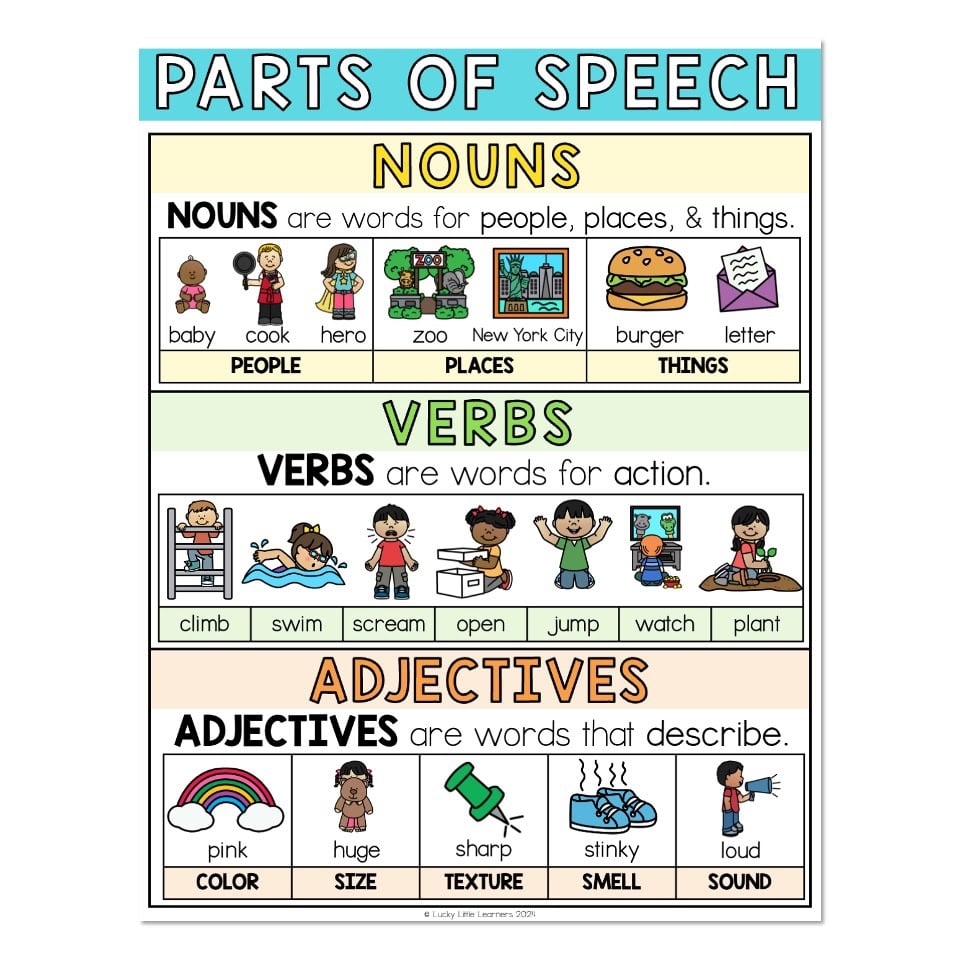Adjectives play a vital role in describing nouns and adding depth to our language. They help us paint a vivid picture and provide additional information about the subject. While we are familiar with adjectives that are standalone words, there is another category that often goes unnoticed – adjectives derived from verbs.
These adjectives are created by transforming verbs into descriptive words that can convey various meanings and emotions. Understanding this transformation can enhance our language skills and make our writing more nuanced and engaging.
Adjectives from Verbs
One common way to form adjectives from verbs is by adding suffixes such as ‘-ed’ or ‘-ing’. For example, the verb ‘excite’ can be transformed into the adjective ‘excited’ by adding the suffix ‘-ed’. This change alters the word’s function from an action to a description, indicating a state of excitement or enthusiasm.
Another method is to use participles, which are verb forms that can function as adjectives. For instance, the verb ‘bore’ can be turned into the adjective ‘boring’ to describe something that causes boredom or lacks interest. Participles are versatile tools that allow us to convey specific qualities and characteristics in our writing.
Some adjectives are formed by using past and present participles of irregular verbs. These irregular adjectives can add complexity and depth to our language, creating unique and memorable descriptions. For example, the verb ‘break’ has the past participle ‘broken’, which can be used as an adjective to describe something that is damaged or fractured.
Verbs can also be transformed into adjectives by using prefixes such as ‘un-‘ or ‘re-‘. These prefixes change the meaning of the verb and create adjectives that express negation or repetition. For instance, the verb ‘do’ can become the adjective ‘undone’ to indicate something that has not been completed or finished.
Overall, adjectives derived from verbs offer a rich and diverse vocabulary that can enhance our communication and artistic expression. By understanding the different ways in which verbs can be transformed into adjectives, we can enrich our writing and convey our thoughts and emotions with precision and depth.
In conclusion, adjectives derived from verbs provide a creative and dynamic way to describe the world around us. By exploring the various methods of transforming verbs into adjectives, we can expand our vocabulary and add layers of meaning to our language. Embracing the versatility of adjectives from verbs can elevate our writing and communication skills, making our words more impactful and engaging.
